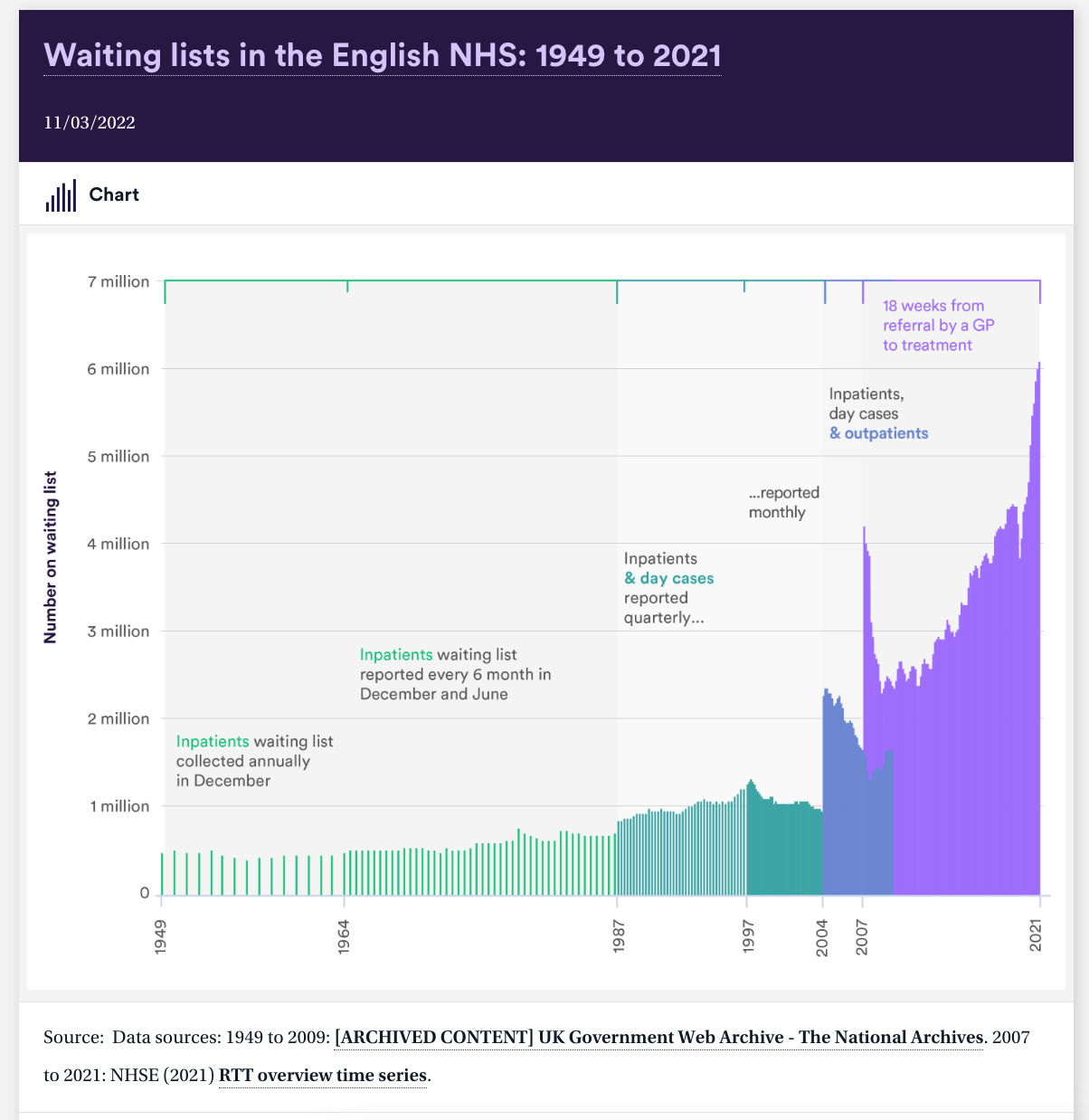I've had plenty of contact with the NHS over the past 15 years. Whilst I have encountered many marvellous individuals, I have found the system as a whole to be frequently dangerously dysfunctional. Notable have been instances of indifferent ward care, poor retention of records, lack of attention to notes, communication between wards and departments, poor intershift handover protocols, a bizarre blindness to the obvious symptoms (confusion, tiredness etc) of that plague of the elderly, UTIs.
A combination of the above killed my 82 year old father.


